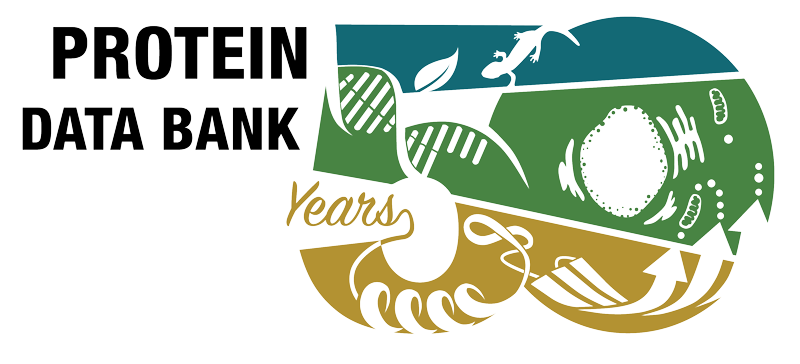Abstract
The receptor tyrosine kinase EPHA2 has gained attention as a therapeutic drug target for cancer and infectious diseases. However, EPHA2 research and EPHA2-based therapies have been hampered by the lack of selective small-molecule inhibitors. Herein we report the synthesis and evaluation of dedicated EPHA2 inhibitors based on the clinical BCR-ABL/SRC inhibitor dasatinib as a lead structure. We designed hybrid structures of dasatinib and the previously known EPHA2 binders CHEMBL249097, PD-173955, and a known EPHB4 inhibitor in order to exploit both the ATP pocket entrance as well as the ribose pocket as binding epitopes in the kinase EPHA2. Medicinal chemistry and inhibitor design were guided by a chemical proteomics approach, allowing early selectivity profiling of the newly synthesized inhibitor candidates. Concomitant protein crystallography of 17 inhibitor co-crystals delivered detailed insight into the atomic interactions that underlie the structure-affinity relationship. Finally, the anti-proliferative effect of the inhibitor candidates was confirmed in the glioblastoma cell line SF-268. In this work, we thus discovered a novel EPHA2 inhibitor candidate that features an improved selectivity profile while maintaining potency against EPHA2 and anticancer activity in SF-268 cells.



 PMID:
PMID: 